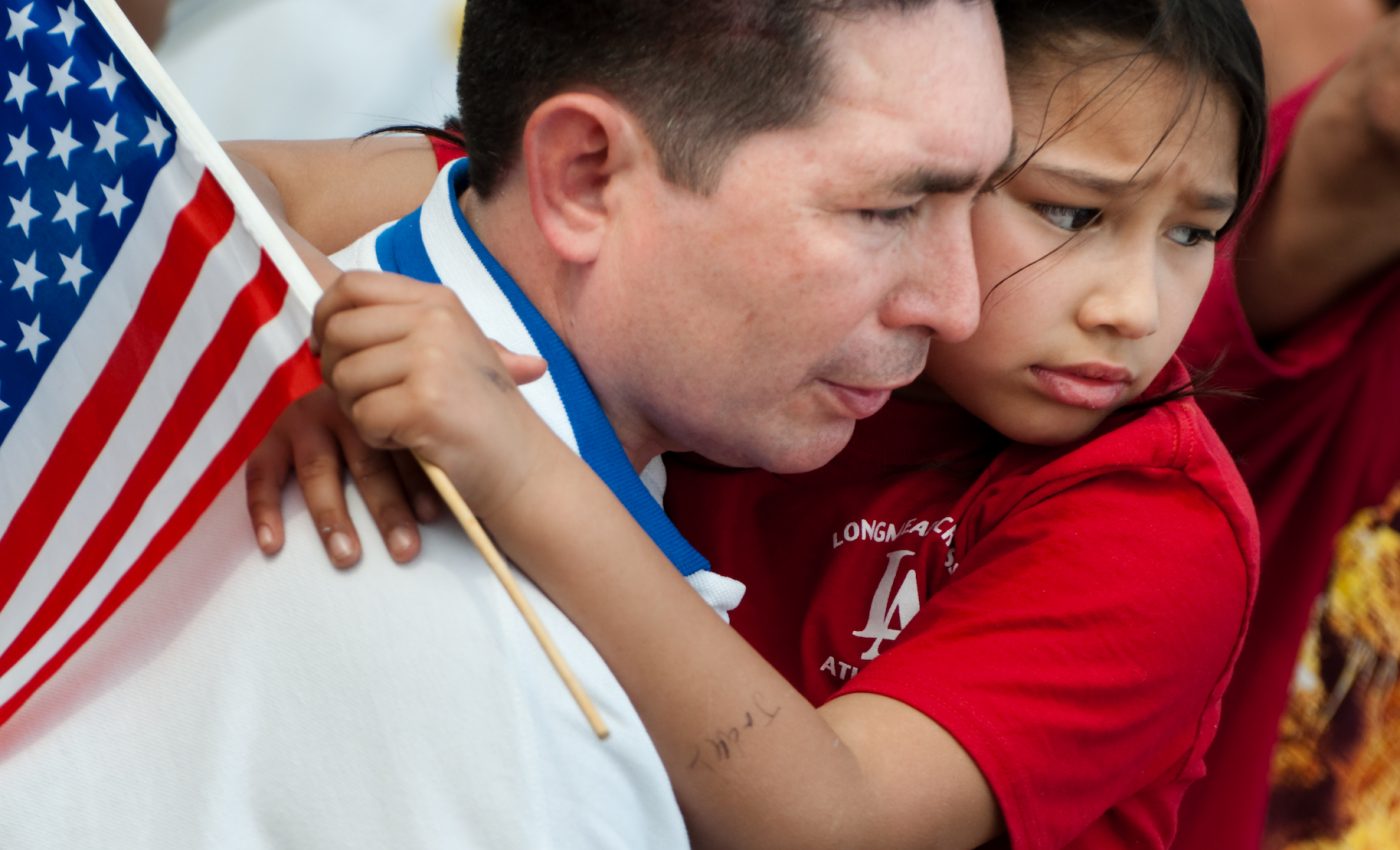
Study shows bias against immigrants who don’t change their names
According to the President of the United States, the U.S. is in the midst of an illegal immigration crisis. But if you look hard at the numbers this simply isn’t the case, and illegal border crossings have declined significantly over the years, according to the Guardian.
Despite this, the anti-immigration sentiments propagated through the news and by many leading government figures have stirred up a wealth of controversy and shone a spotlight on the (sometimes unconscious) bias that many people have against immigrants.
Researchers from the University of Toronto found that people migrating to the United States experience less bias if they change their name to a more Anglican name rather than their given name.
An example of Anglicizing a name might be changing a given first name from Juan to John or Daan to Dan.
The study, published in the journal Social Psychological and Personality Science, shows that the pressure some people feel to change their name in hopes of assimilating or fitting in may decrease bias but also negatively impacts one’s sense of self.
The researchers are adamant that the results in no way encourage more immigrants to change their name to decrease the risk of bias. Instead, they emphasize that their study shows a larger systemic problem that needs to be addressed by society as a whole to reduce biases and prejudice.
“We do not suggest immigrants to Anglicize their ethnic names in order to avoid discrimination,” said Xian Zhao, the lead author on the study. “This certainly puts the onus on immigrants to promote equity and our previous studies also suggest that Anglicizing names may have negative implications for one’s self-concept.”
To better understand bias against non-Anglicized names, the researchers asked participants what they would do in a trio of hypothetical transportation accident scenarios.
The scenarios were all different versions of a moral dilemma where participants had the option to save a person or group of people depending on the risk involved.
To specifically assess bias, the researchers gave the participants the option to save or sacrifice a white man with an Anglicized name, an immigrant with Anglicized name, or an immigrant with a name like “Jiang,” or “Ahmed.”
In one scenario called the trolley problem, participants had to choose to save a group or one person from a runaway trolley and most participants sacrificed one to save many.
While this is the common response to the trolley problem, the white participants were much more likely to sacrifice an immigrant with their given name rather than someone with an Anglican name.
The second scenario asked participants to choose between leaving behind someone with a broken leg after a plane crash or working to save them. Again, white male participants tended to decide to leave behind a person with a foreign sounding name rather than an Anglican one.
With the final scenario, participants were asked to imagine they were in a lifeboat and had to decide to throw a life preserver to a man named Muhammad, possibly saving the man but also risking the lives of everyone on the boat. The results of this scenario were similar to the other two.
The results of the scenarios show a problematic trend and deep-seated bias that people automatically have towards people with non-Anglicized names.
According to the researchers, it’s a problem that must be addressed by society as a whole to decrease prejudice and promote inclusion.
—
By Kay Vandette, Earth.com Staff Writer
Paid for by Earth.com













